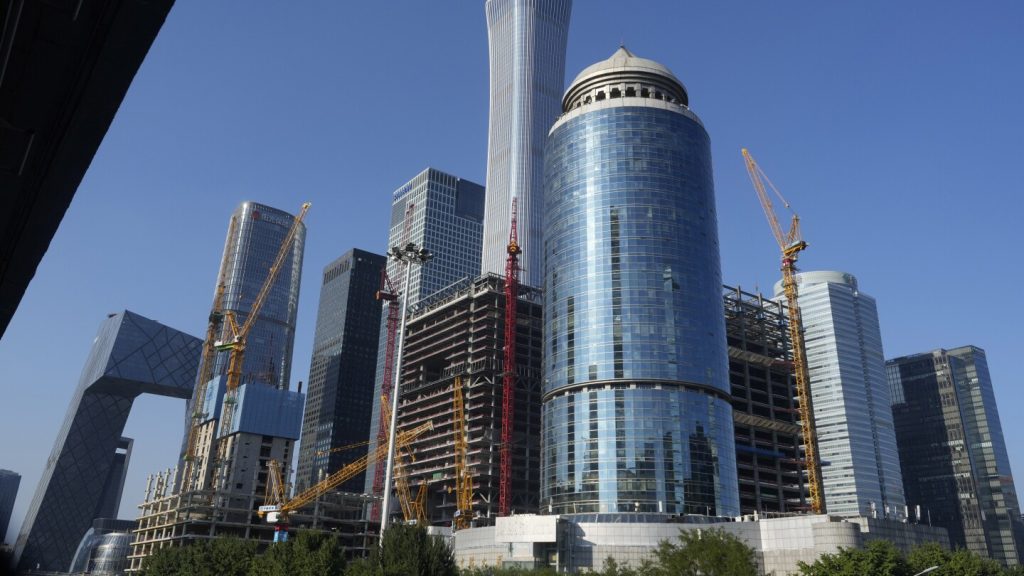China’s economic planning agency, the National Development and Reform Commission (NDRC), announced measures to boost the economy on Tuesday, which included plans to frontload 100 billion yuan from the government’s budget for 2025 and an additional 100 billion yuan for construction projects. However, the scale of spending fell short of expectations, causing disappointment among investors. The NDRC’s chairman, Zheng Shanjie, stated that China is still on track to achieve its economic growth target of around 5% for the year, despite facing challenges in a complex global environment.
The release of the economic stimulus measures comes as China’s leaders are working to revive growth following the impact of the COVID-19 pandemic. The downturn in the property market has added to the challenge, with consumer spending lagging and global demand slowing. Analysts had been expecting a significant fiscal stimulus, with UBS chief China economist Tao Wang suggesting a modest package of 1.5 to 2 trillion yuan in the near-term and more in 2025. The lack of bold spending initiatives in the NDRC’s announcement may have contributed to the market’s initial disappointment.
In September, China introduced a monetary stimulus package that included cuts to mortgage rates and reserve requirements in an effort to stimulate the property industry and drive faster growth. The latest measures announced by the NDRC focus on boosting investment, supporting small and medium-sized businesses, and addressing technical issues related to payment regulations and project management. Zheng also mentioned plans to implement comprehensive policy measures to address the decline in the real estate market and boost the capital market, but did not provide specific details on these initiatives.
The NDRC’s announcement triggered a 10% gain in Shanghai’s benchmark as markets reopened after a weeklong holiday, but the index later settled at 3% higher as investor expectations were not fully met. The government’s goal of achieving economic growth amidst challenges in the global environment remains a priority, with ongoing efforts to support key sectors of the economy and address issues such as falling housing sales and stock market volatility. China continues to navigate economic challenges and uncertainties while working towards sustaining growth momentum in the face of a changing landscape.
As China pursues its economic objectives, including targeted investments and policy measures, the government aims to strike a balance between supporting growth and addressing structural challenges within the economy. The emphasis on boosting investment and providing support to smaller businesses underscores the importance of a comprehensive approach to stimulating economic activity. Moving forward, China will continue to monitor developments in the global economy and implement measures to maintain stability and promote sustainable growth in the face of evolving challenges and opportunities on the horizon.















